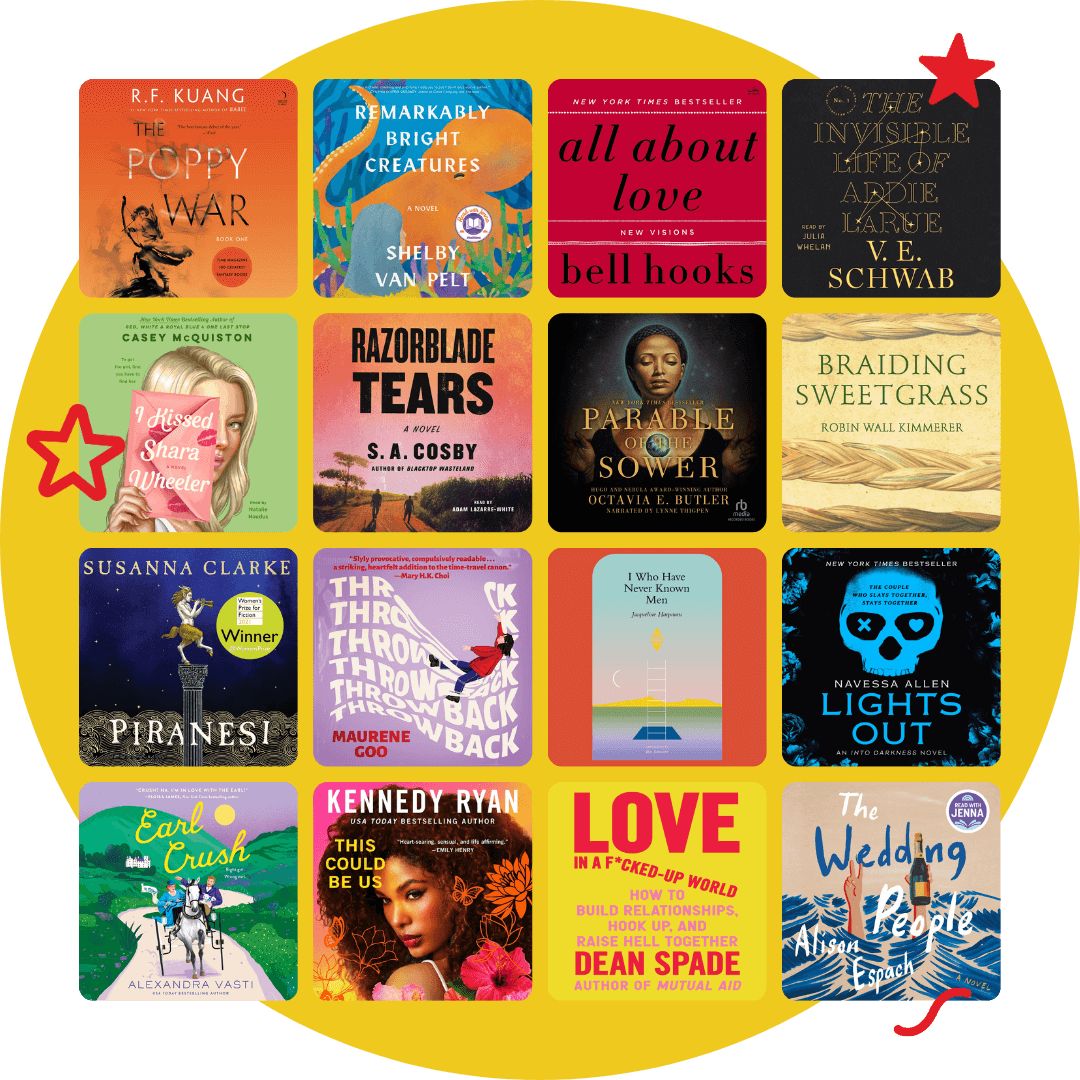Author:
Desiderius Erasmus

Almost ready!
In order to save audiobooks to your Wish List you must be signed in to your account.
Log in Create account
Indie Bookshop Appreciation Sale
In celebration of indies everywhere, shop our limited-time sale on bestselling audiobooks. Don’t miss out—purchases support local bookstores!
Shop the saleThe Praise of Folly/Against War
This audiobook uses AI narration.
We’re taking steps to make sure AI narration is transparent.
Learn moreSummary
Desiderius Erasmus of Rotterdam (1466-1536) was known as Prince of the Humanists - though a theologian, a Catholic priest and the leading European scholar of his time. A close friend of Sir Thomas More, Erasmus' writings had a strong influence on the growing movement for change in Christian Europe, both Lutheran and the Counter-Reformation. These two essays are among his most important - and well-known - writings.
'The Praise of Folly', written in Latin in 1509 and spoken by the goddess Folly (who champions a lively enjoyment of life), was a bold satire on (in the cautious contemporary environment) not only Western classical traditions but also the Catholic Church. Dedicated to More himself, Erasmus wittily challenged entrenched views in so forthright (and humanist) a style that it could have brought him in direct conflict with the papacy. Fortunately the pope, Leo X, enjoyed the humour and the challenge! It is here presented in the lively modern translation by Leonard H. Dean.
'Against War' (c. 1517) is 'an impassioned plea for peace among beings human, civilised, Christian'. A deeply humanist text, widely read through Europe in the ensuing years, it has a continuing currency. 'Nothing is either more wicked or more wretched, nothing doth worse become a man than war.' Leighton Pugh reads the classic translation by John Wilson.
Audiobook details
Narrators:
Georgina Sutton & Leighton Pugh
ISBN:
9781004133000
Length:
6 hours
Language:
English
Publisher:
W. F. Howes Ltd
Publication date:
January 9, 2017
Edition:
Unabridged
Libro.fm rank:
#37,613 Overall
Genre rank:
#389 in Philosophy
 Start gifting
Start gifting
 Libro.fm for Business
Libro.fm for Business
 Start a membership, get two free audiobooks
Start a membership, get two free audiobooks